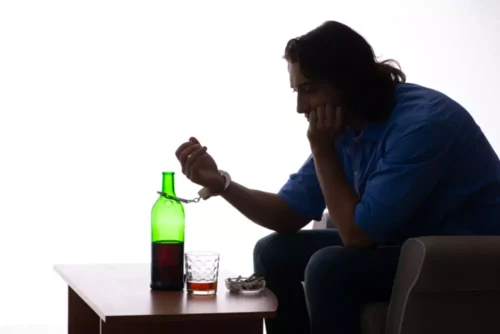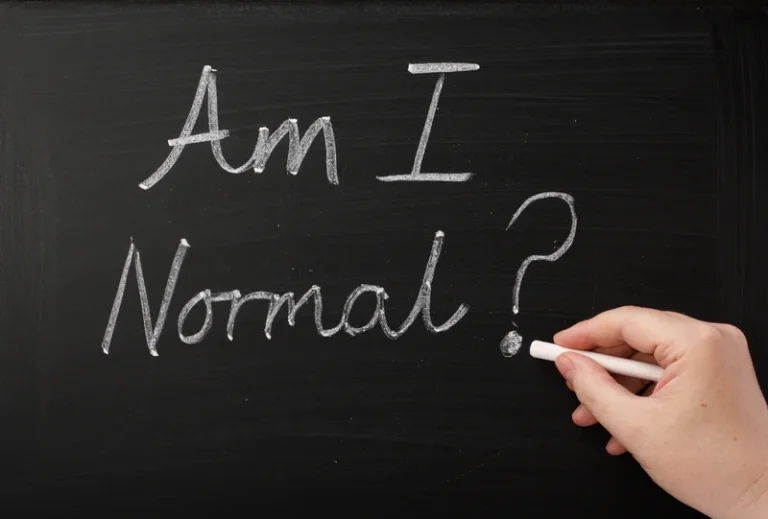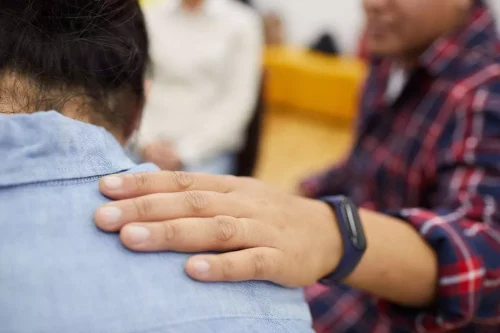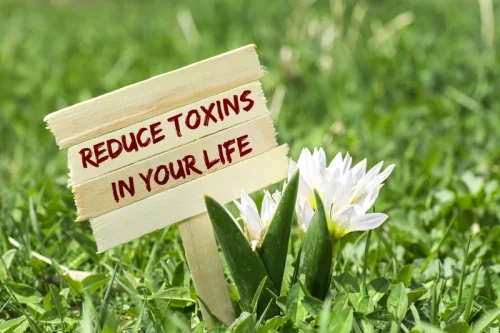
The first stage of addiction includes a person’s first time using a substance. While slight variations of the addiction cycle exist, they all follow a similar format. By understanding these stages of addiction, loved ones can better identify signs of addiction and stop the cycle.
- At this phase, the recovering addict goes through the difficult yet transformative rehab and recovery process.
- Medical supervision ensures the safety and well-being of individuals going through the detox process.
- Our compassionate intake coordinators can answer your questions and help you understand treatment options that can work well for your specific situation.
- However, whether an individual immediately continues through the cycle of addiction depends on many factors like genetics, upbringing, co-occurring physical or mental illness, and social and economic status.
- They may know something about the person’s deepest aspirations and voice them as a reminder that can help the person remain on the road to recovery.
How Does the Cycle of Addiction Happen?
At Avenues Recovery, we offer various treatment and recovery options to help you regain the quality of life you once had. Contact us to find out how you can begin the stages of recovery and quit substance abuse. In phase two of addiction recovery, the person suffering from addiction has recognized that there is a problem and is aware that recovery options are available. Nevertheless, he/she is still not ready to make any drastic changes in his/her life.
Where is the best place to start the recovery Process?
- You could even binge drink (i.e. a man having five or more drinks or a woman having four or more drinks within two hours) without straying outside of the experimentation stage.
- However, the types of therapy available may vary depending on the substance being abused and the individual’s unique needs.
- Like diabetes or heart disease, it’s a chronic condition that requires major lifestyle changes to keep under control.
- Pushing through rehab can be difficult and may sometimes feel impossible – but living a healthy, productive, drug-free life makes it worth all the effort in the world.
- Because addiction can affect so many aspects of a person’s life, treatment should address the needs of the whole person to be successful.
The Preparation Stage is critical for embedding the commitment to recovery within a structured framework of actionable plans and supportive relationships. Providing affirmations, resources, and consistent support during this phase is pivotal in equipping individuals with the confidence and tools required for effective action and sustained recovery. Addictive behavior signifies a critical phase in an individual’s journey toward recovery. At this juncture, the substance user is contemplating a significant change, yet might wrestle with doubts about proceeding. It’s not uncommon for people to get stuck here, caught in a loop of wanting to change but feeling unable to move forward. Pushing through rehab can be difficult and may sometimes feel impossible – but living a healthy, productive, drug-free life makes it worth all the effort in the world.
Recovery Stage 2: Contemplation
- Addiction recovery is often divided into distinct phases that help individuals and their loved ones know what to expect.
- This stage can be challenging and may require significant effort and willpower.
- Following several years work as an internist and physiatrist (physical medicine and rehabilitation).
- These challenges are common, and seeking support from healthcare professionals, counselors, support groups, and loved ones can help you overcome these obstacles and maintain long-term recovery.
- He is a Board Certified Internist and Addiction Medicine Specialist having attended the David Geffen School of Medicine at UCLA and completing his residency at Mount Auburn Hospital with Harvard Medical School.
Alcohol or drug dependence is when an addict’s body needs the substance to function normally and avoid withdrawal symptoms. In this next stage of addiction, the individual begins to use the substance repeatedly to feel the positive effects, cope with existing issues, or escape reality. The addiction cycle describes the process every addict experiences, from initial use and abuse to addiction and relapse. It won’t just be a case of halting the destructive behavior; change will be apparent in multiple aspects of their lifestyle.
- These medicines can reduce your drug cravings and can help you avoid relapse.
- The transition from tolerance to addiction involves both neurobiological and behavioral changes, making it a particularly challenging stage to treat.
- Like diabetes or heart disease, addiction can last a lifetime and requires ongoing treatment.
- In this stage, they mentally prepare for any support or substance abuse treatment that they intend to get.
- The impact of addiction extends beyond mental health, affecting relationships, employment, and overall quality of life.

Guilt refers to feels of responsibility or remorse for actions that negatively affect others; shame relates to deeply painful feelings of self-unworthiness, reflecting the belief that one is inherently flawed in some way. Shame is an especially powerful negative feeling that can both invite addiction in the first place and result from it. It gets in the way of recovery, self-acceptance, and accessing help when needed. People can learn to resist or outsmart the cravings until they become manageable.

Stages of the Addiction Cycle

The important feature is that the interest avert boredom and provide rewards that outweigh the desire to return to substance use. Addiction Resource does not offer medical diagnosis, treatment, or advice. Only trained and licensed medical professionals successful drug addicts can provide such services. If you or anyone you know is undergoing a severe health crisis, call a doctor or 911 immediately. Addiction Resource team has compiled an extensive list of the top drug rehabilitation facilities around the country.



